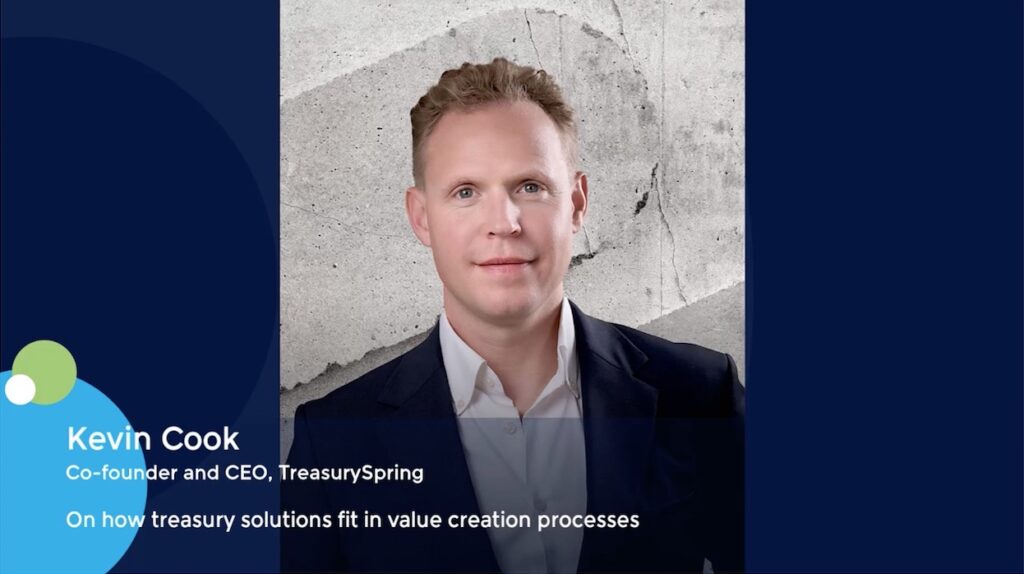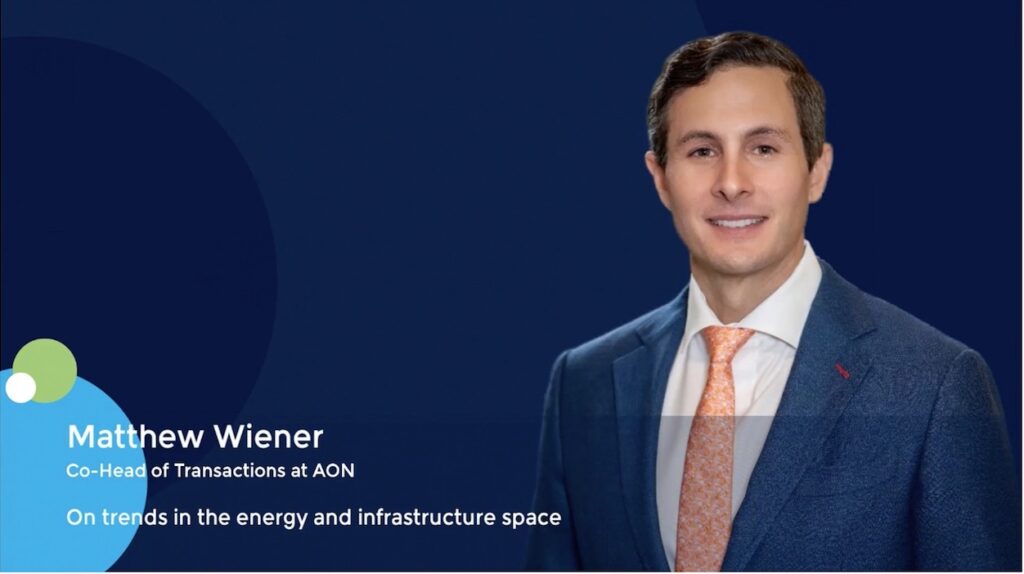Fund focus: Sunicon Ventures underscores Indian appetite for VC
The family office has raised third-party capital for the first time, leveraging both access to deal flow – as an affiliate of a financial advisory firm – and growing interest in alternatives within its peer group
There are prominent examples, in certain Asian markets, of entrepreneurs turned fund managers. Founders, often with technology sector roots, leverage their wealth and networks to back other start-ups; they establish family offices to oversee these efforts; they bring friends and family into deals as targets scale; and then they formalise operations and raise third-party capital.
Increased appetite for growth-stage investment among Indian family offices and high-net-worth individuals (HNWIs) appears to be fostering a version of this trend. That is what enabled Sunicon Ventures, an investment arm of the family behind boutique investment bank Sun Capital Advisory Services, to graduate from the family investment fund to debut venture capital fund.
The size of the fund – INR 830m (USD 10m) – is dwarfed by what it might be seen to represent. “I think more VC firms will be formed with family office backing,” said Saloni Jain, founder of Sunicon and an investment banking partner at Sun Capital, which was established by her father in 2006.
“I’m confident that if I tried to raise foreign capital tomorrow, I would be welcomed. I understand India, I have run one fund successfully, and I have my own capital, so there’s no integrity issue. That’s how the VC ecosystem will grow – with an Indian base and global institutions alongside us.”
Strategic evolution
Jain’s family got into equity investing in the mid-1990s through Networth Stock Broking, a five-person outfit in Ahmedabad that went on to become Monarch Network Capital, a listed group with broking and non-banking financial company (NBFC) operations. Sun Capital came later, and it was here Jain experienced start-up financing, primarily advising companies raising Series B rounds.
“I thought it would be more interesting to work with early-stage companies. This was around 2017, a few years after local venture capital really started in India, so we saw the potential as the ecosystem grew,” she explained. “We decided to create a new team and a new setup, with separate branding. This would be a family office and an advisor.”
The family investment fund ended up deploying approximately INR 140m across 10 companies, including footwear brand Neeman’s, mixed reality glasses developer Anjalens, and education start-ups Saarthi Pedagogy and Vidyakul. Sunicon commits USD 100,000-USD 500,000 to seed and pre-Series A rounds. There have been several follow-on rounds, and the fund has delivered an IRR of 45%, said Jain.
The VC fund – a “natural development” given the family could put up capital as a sponsor and families were keen to participate as LPs – completed a first close last year and has done seven deals. Among them are Dhiway, a blockchain start-up that aims to be the backbone of credential storage for data verification, drone crop-spraying business Suind, and supply chain software provider Omnivo.
Jain describes the strategy as relatively conservative for an early-stage player. Marketing-heavy and capital-hungry start-ups are eschewed in favour of companies with solid technologies and sustainable yet not spectacular growth trajectories. Consequently, the portfolio has no failures to date.
“They aren’t in a bubble. We want to help businesses scale and reach IPO level. We don’t have companies that are up 40-50x. It’s more like 10x-15x in the last four years,” she added. “In most cases, we are the lead investor; and we are an active investor, taking board seats. Our LPs tend to come into later rounds as strategic investors because many have strong business backgrounds.”
Competitive dynamics
Sunicon tends to compete with angel networks, incubators, and accelerators. Jain noted that some of the offshore VC investors that lead later rounds have left the market to be replaced by local pools of capital, including family offices that participate in deals on a direct basis.
“They have always been equity investors. Back in 2015, they could understand venture capital valuations; the revenues, margins – they couldn’t relate to it, so they stayed away,” Jain explained. “Then FOMO [fear of missing out] set in and they said they wanted to invest. They became LPs in many funds, and some started hiring people and establishing their own VC divisions.”
Capital committed to India-focused venture capital firms fell from USD 2.8bn in 2022 to USD 2bn in 2023. Fundraising weakened markedly in the second half, with less than USD 350m raised, according to AVCJ Research. The drop-off in investment wasn’t nearly as sharp – USD 2.8bn and USD 2bn across the two halves. Jain claimed that family offices helped fill the gap.
“Indian investors have made money in this space and will probably make even more over the next five years,” she added. “When the Indian stock markets launched, most of the investors were from overseas. They didn’t do very well and exited, so local investors came in. We are seeing a similar trend in VC.”











